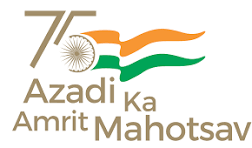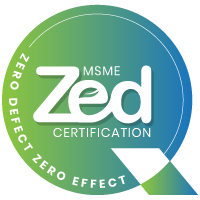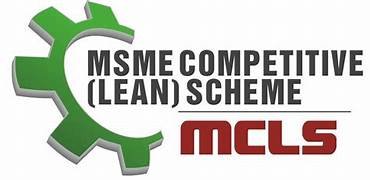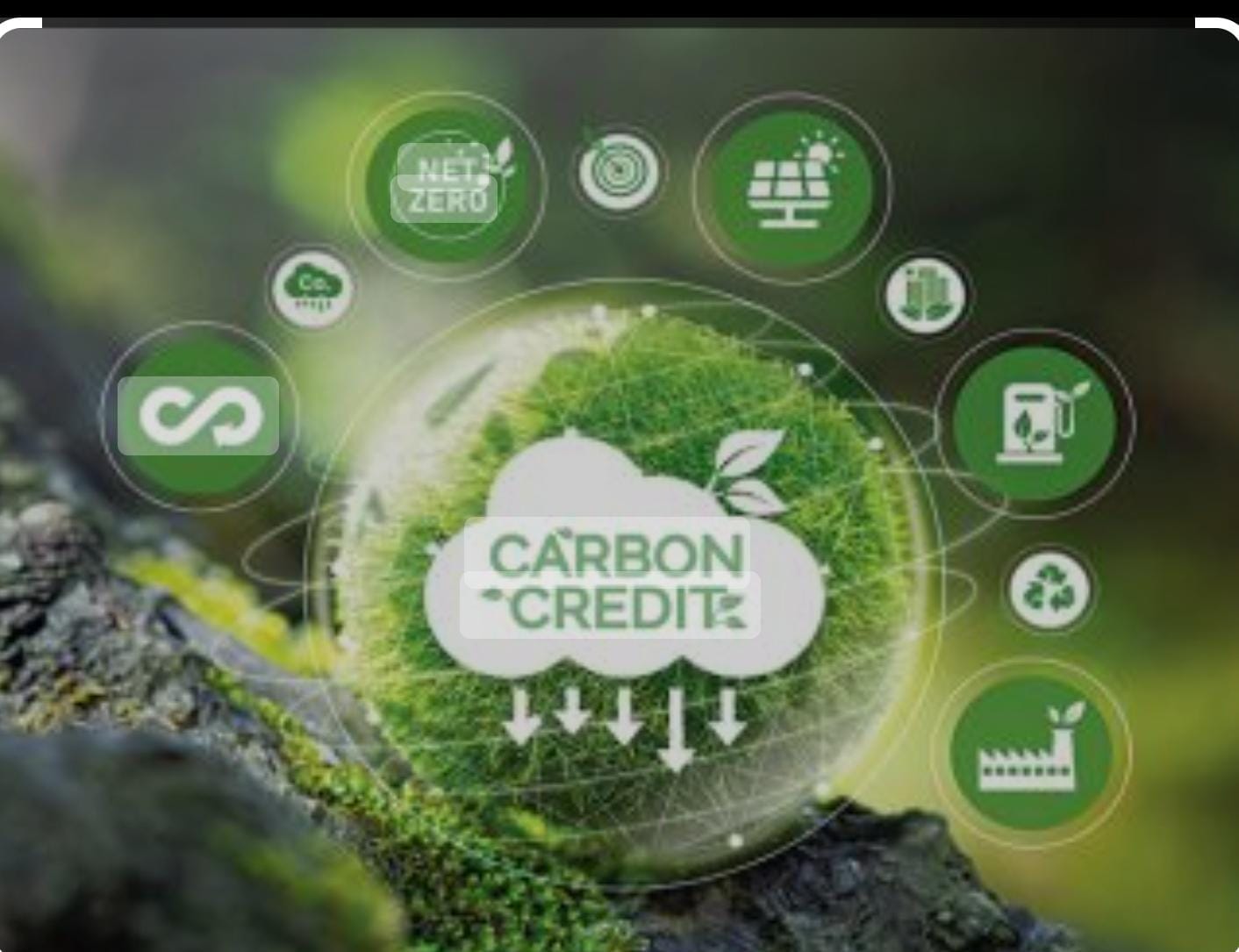
Alliance Multi State Cooperative Society Ltd. (AMCSL)
एलायन्स मल्टी स्टेट कोऑरपेरेटिव सोसाइटी लि.
सहकारिता मंत्रालय अधीनस्थ, भारत सरकार






Alliance Multi State Cooperative Society Ltd. (AMCSL)
एलायन्स मल्टी स्टेट कोऑरपेरेटिव सोसाइटी लि.






A biomass green stove is an eco-friendly cooking solution that utilizes renewable biomass fuels—such as wood pellets, agricultural residues, or briquettes—to provide efficient and clean cooking. These stoves are designed to minimize smoke emissions and reduce fuel consumption, offering a sustainable alternative to traditional open-fire cooking methods. Key Features and Benefits
• High Efficiency and Low Emissions: Advanced designs, like the Greenway Smart Stove, incorporate patented air regulation technology to enhance combustion efficiency, resulting in less fuel usage and significantly reduced smoke emissions.
• Health and Environmental Impact: By reducing indoor air pollution, biomass stoves contribute to better respiratory health for users. They also help in decreasing deforestation and greenhouse gas emissions by utilizing renewable and sustainable fuel sources.
• Cost-Effective Cooking: These stoves lower cooking costs by using readily available biomass fuels, which are often more affordable than conventional fuels like LPG or kerosene.
• Versatility and Accessibility: Biomass stoves are suitable for various settings, including rural and off-grid areas, providing a reliable cooking solution where access to electricity or gas may be limited. Incorporating biomass green stoves into daily cooking practices supports sustainable living by promoting cleaner energy use, improving health outcomes, and reducing environmental impact.

The Zero Defect Zero Effect (ZED) scheme is a flagship initiative launched by the Ministry of Micro, Small & Medium Enterprises (MSME), Government of India, aimed at encouraging MSMEs to improve their manufacturing quality and adopt eco-friendly practices.
Key Objectives:
•Zero Defect: Promote production of high-quality goods that are free from defects, ensuring competitiveness in both domestic and international markets.
•Zero Effect: Encourage MSMEs to reduce negative environmental impacts by adopting sustainable and energy-efficient manufacturing processes.
Salient Features:
•Certification & Rating System: MSMEs are assessed and rated based on their quality and environmental practices. Ratings range from bronze to platinum levels, depending on their compliance.
•Capacity Building: Provides handholding support, training, and guidance to adopt best practices in quality management, lean manufacturing, waste reduction, and more.
•Financial Incentives: Offers subsidies

1. What is the MSME Lean Scheme?
The Government and Ministry of Micro, Small and Medium Enterprises supports small businesses in adapting to the LEAN Scheme for efficient manufacturing of goods and products
Thank you for reading this post, don't forget to subscribe!
How does MSME Lean help in my business?
Imagine you are a furniture maker struggling with overproduction, high-wastage of materials and excess unsold inventory which hurt your profits and product-quality.
With the MSME Lean Scheme you can streamline the operations such as:
1. Just in time production
2. Careful planning
3. Better Inventory Management
4. Reduced Waste
Companies can enjoy expert support by trainers and teams,
you can implement best practices for efficiency, bud-
get-control, optimum product quality which lead to higher
profits.

The Sarpanch Samvaad App is a digital network that aims to connect ~2.5 lakh Sarpanchs across India, providing a platform for networking, knowledge sharing and collaboration.
View details of projects
Aim – Bridge the strong connection between rural and urban area. It helps both to grow together. It covers the needs of 40,000 people. Features Along with a shopping place it is also a center for learning and community building. It boosts local business anc gives rural artisans and small businesses direct access to city customers. This way they can earn more and not move to to cities for work. The mall will have coaching classes to teach academic subjects and practical skills and this way young people in the community build better futures. Bharat Mall will also have two small movie theaters with 150 seats each, offering entertainment options for everyone.By connecting rural and urban markets, Bharat Mall will improve links between villages and cities, creating more opportunities for growth and development. Bharat Mall is mainly focusing on helping rural and urban communities to grow side by side, creating a stronger and more connected India.
View details of projects
The Pradhan Mantri Kisan Urja Suraksha evam Utthaan Mahabhiyan (PM-KUSUM) scheme, initiated by the Government of India, aims to enhance energy security for farmers and promote the adoption of solar energy in agriculture. The scheme comprises multiple components, with Component A and Component B being pivotal in achieving its objectives. Component A: Installation of Decentralized Grid-Connected Renewable Energy Power Plants Under Component A, the scheme facilitates the establishment of decentralized renewable energy power plants, each ranging from 500 kW to 2 MW, on barren or fallow lands. These plants can also be installed on cultivable land using stilt-mounted structures, allowing for simultaneous agricultural activities beneath the solar panels. The electricity generated is purchased by local distribution companies (DISCOMs) at pre-fixed tariffs, providing farmers and landowners with a steady income stream. This initiative not only promotes the utilization of unproductive lands but also contributes to the nation’s renewable energy targets.
View details of projects

1.Micro, Small and Medium Enterprises can benefit from the significant boom and adoption of EVs across India and the world
2. Ways to succeed in the EV business
– If you’re a manufacturing business, consider producing EV parts such as motors, sensors, light-weight steel and batteries
– If you’re in the service sector, consider starting – charging station points, EV repairs and maintenance and EV software technologies
– If you’re in retail, sell parts / components or EVs
– Introduce new product lines such as specialized materials and EV equipment
– Train your workforce to cater to the EV customer base with technology , maintenance and product support
– Procure EV materials
– Apply for Government schemes like PLI ( Production Linked Incentive) for battery manufacturing
– Apply for FAME II for EV adoption
– Propel your business forward.
Launched in 2023, the CCTS aims to establish a domestic carbon market to facilitate the trading of carbon credits. The scheme encompasses both compliance and voluntary mechanisms, targeting various sectors to reduce greenhouse gas emissions.
Key Features:
• Compliance Mechanism: Mandates specific sectors to adhere to emission intensity targets, with the ability to trade surplus credits.
• Voluntary Mechanism: Allows entities to participate voluntarily, promoting broader engagement in emission reduction efforts.
• Sector-Specific Trajectories: Developed by the Bureau of Energy Efficiency (BEE), these trajectories outline emission reduction pathways for different industries.